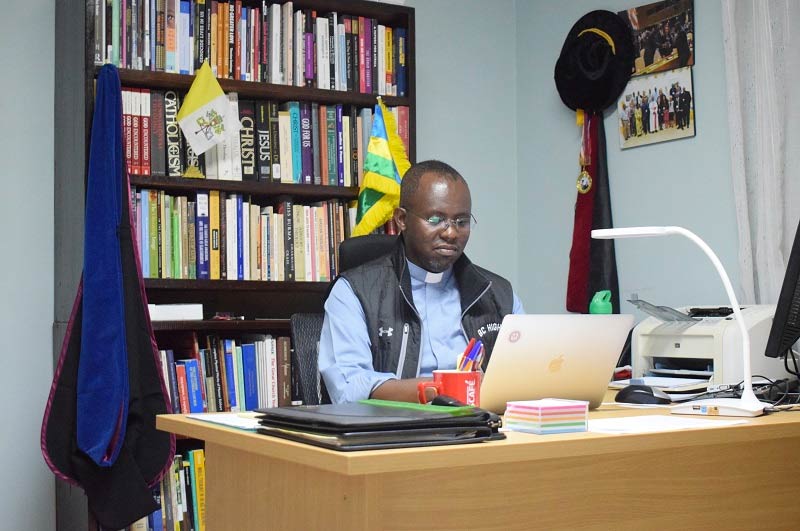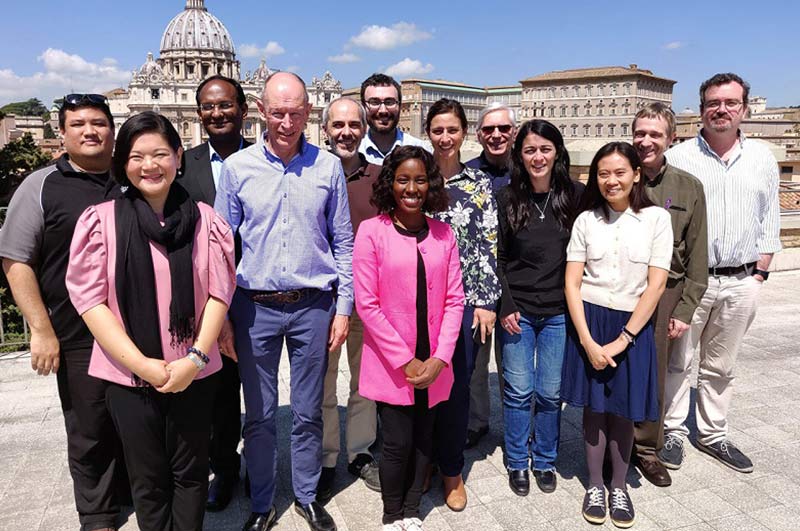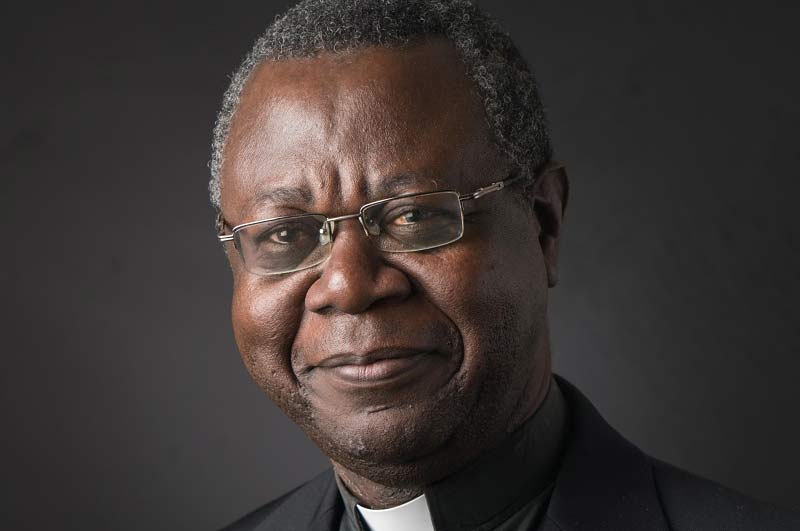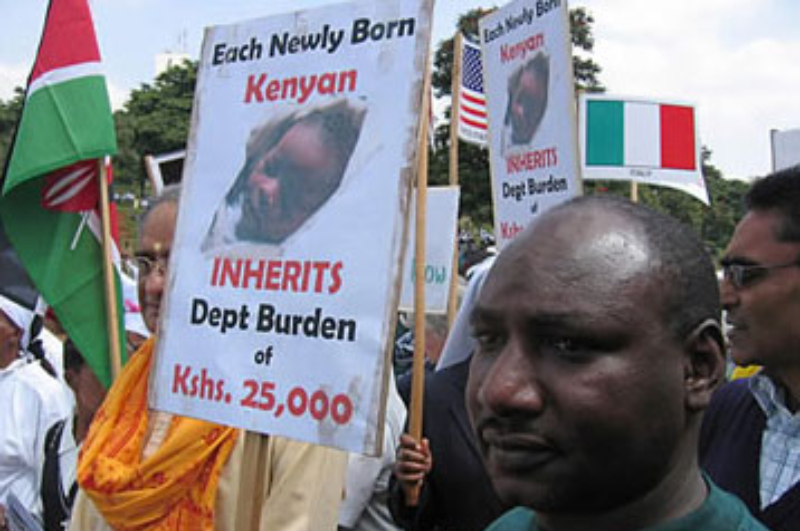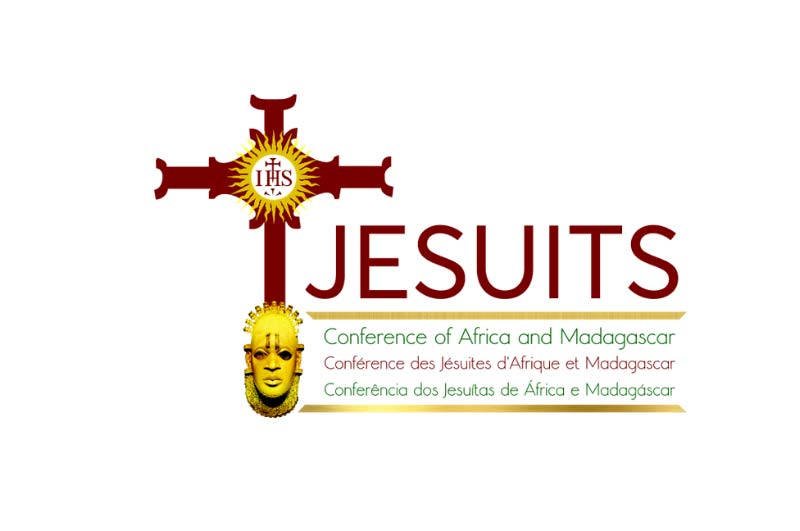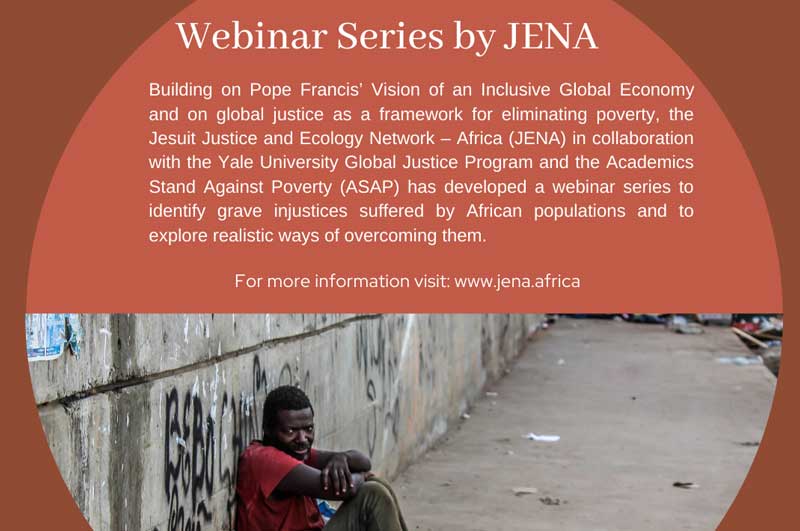


This month of October JENA launched a webinar series on global justice. The webinars bring together relevant decision-makers and practitioners from politics, civil service, international organizations, and civil society to share and reflect on the exponential change needed for the wellbeing of all people and the planet to supercharge and accelerate solutions for sustainable development.
This webinar series, is promoted by the Jesuit Justice and Ecology Network-Africa (JENA), Yale University Global Justice Program and Academics Stand Against Poverty (ASAP), and is in line with Pope Francis’ ambitious exercise in promoting dialogue for priorities and solutions, for ‘recovering better’ from this crisis and preparing the future and imagining a more just post-COVID-19 world. Find more information via JENA’s website.
Pope Francis believes that the human person is not immune to crises but is always impacted by them. There is a need for all of us to respond to the reality we are living in and prepare for the future, which means to acknowledge that things look grim, but since nothing is permanent, it’s worth looking for economic models that will help humanity out of the current crisis — not by going back to a world of inequalities, but by creating a fairer world.
The central aim of these webinars is to mobilize a thorough understanding of how injustice survives toward designing and implementing a targeted reform program to ensure that it does not.
The first series held on October 5th was on “Pope Francis’ Vision of an Inclusive Global Economy: Global Justice as a Framework for Eliminating Poverty”. The key session on this theme was “Global Health: Universal Health Coverage in times of COVID-19”. The discussions centered on health care deficits in Africa, and how they can be resolved because millions of Africans avoidably suffer and die prematurely each year because they cannot get the health care they urgently need. The keynote speaker was Prof. Jeffrey D. Sachs, from Columbia University, with panel presentations from Prof Thomas Pogge, Yale University; Dr. Bona Chitah, University of Zambia; Dr. Pamela Atieno Juma, Public Health Policy Expert-Nairobi Kenya; Prof. Kara Hanson, London School of Hygiene and Tropical Medicine; and Dr. Bwalya Chiteba, Health Informatics Expert.
The second series was held on October 13th, and the focus was on Pope Francis’s Fratelli Tutti, with the topic being: “What is Pope Francis thinking about the Global Economy, Politics, Peace & Security, and the Global South?”. This series was a collaborative effort of the Africa Taskforce Vatican COVID-19 Commission Jesuits in Africa, AMECEA, SECAM, ACWECA. The keynote speaker was Fr. Augusto Zampini, Deputy Secretary of the Vatican DIHD and leader of the Vatican Covid-19 Commission. The panelists were: Dr. Teresia Wachira, IBVM, Peace & Security Expert, Fr. Agbonkhianmeghe E. Orobator SJ, Theologian, and the JCAM President, Ms. Noluthando Honono, Law student & Student Activist, and Fr. Henry Akaabiam, SECAM Sec-Gen.
The third series was held on October 19th. The theme was, “Climate change and food insecurity in Africa”. The series is aimed at unearthing:
1. How can Africa enhance Food Security and develop Agricultural Finance under Climatic Risk?
2. How can African countries collaborate to meet Africa’s food and energy needs entirely from renewable sources and to produce renewable energy wherever it can be produced most cost-effectively?
The keynote speaker was Dr. Iyad Abumoghli, UNEP Faith for Earth, Kenya, while the panelists will be, namely: Dr. Nana Ama Browne Klutse, University of Ghana; Dr. Oluyede Ajayi, Lead Specialist – Agriculture and Climate Change- CTA; Dr. Emmanuel Nyadzi, Wageningen University, Netherlands; Lumnesh Swaroop Kumar SJ, formerly Coordinator of Ecology for the Jesuit Conference of South Asia
The fourth series was on October 26th and focused on tax evasion, corruption, and governance of natural resources. It highlighted some eye-opening findings of the latest UNCTAD 2020 Report UNCTAD 2020 Report on corruption and illicit financial flows out of Africa. Every year, an estimated $88.6 billion, equivalent to 3.7% of Africa’s GDP, leaves the continent as illicit capital flight. This money could almost cut in half the $200 billion that Africa needs every year to finance the 2030 Agenda for the eradication of poverty. These outflows are nearly as much as the combined total annual inflows of official development assistance, valued at $48 billion, and yearly foreign direct investment, pegged at $54 billion, received by African countries – the average for 2013 to 2015.
The keynote Speaker on this series was Mr. David Robinson, the UNODC Regional Anti-Corruption Adviser in Kenya. The panelists included international investigative journalist, Khadija Sharife, also an economist based in South Africa; Dr. Anja Slany from UNCTAD (UN Trade and Development) based in Geneva, Switzerland who is also co-author of the UNCTAD 2020 Report on corruption and illicit financial flows out of Africa.
Related Articles
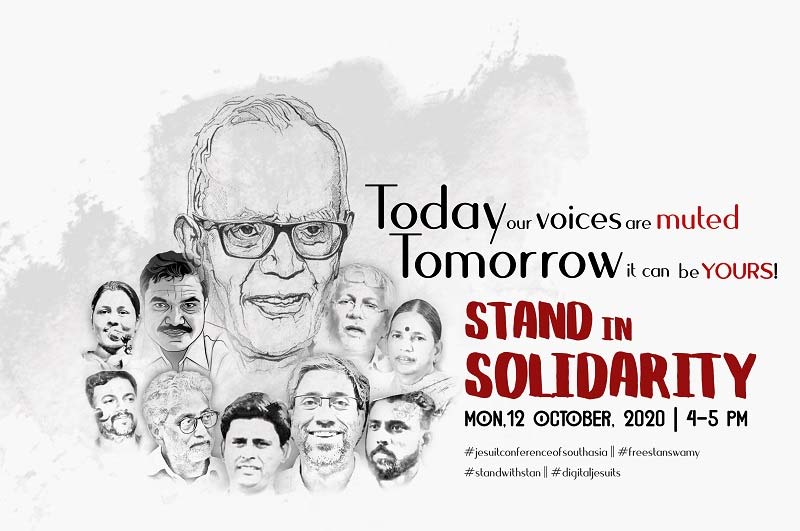
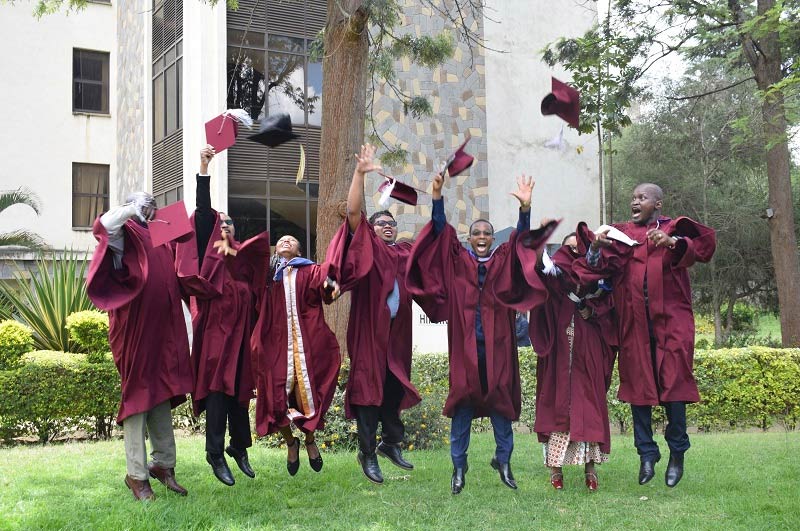
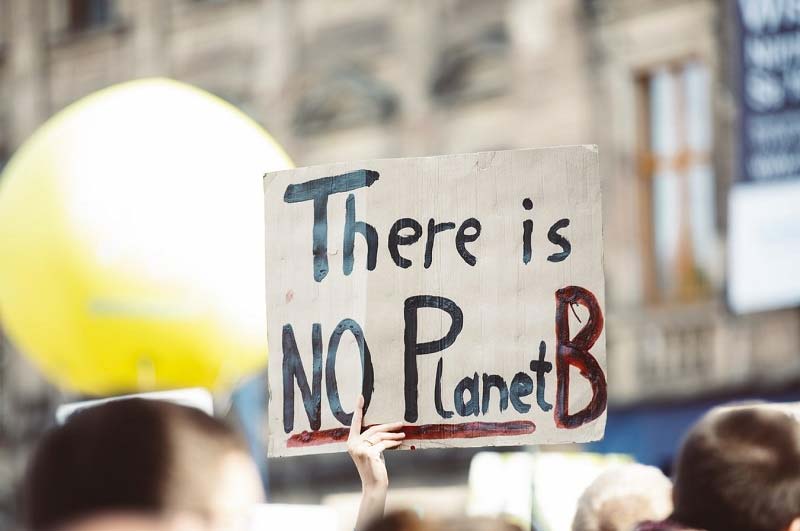

Select Payment Method
Pay by bank transfer
If you wish to make a donation by direct bank transfer please contact Fr Paul Hamill SJ treasurer@jesuits.africa. Fr Paul will get in touch with you about the best method of transfer for you and share account details with you. Donations can be one-off gifts or of any frequency; for example, you might wish to become a regular monthly donor of small amounts; that sort of reliable income can allow for very welcome forward planning in the development of the Society’s works in Africa and Madagascar.
Often it is easier to send a donation to an office within your own country and Fr Paul can advise on how that might be done. In some countries this kind of giving can also be recognised for tax relief and the necessary receipts will be issued.


